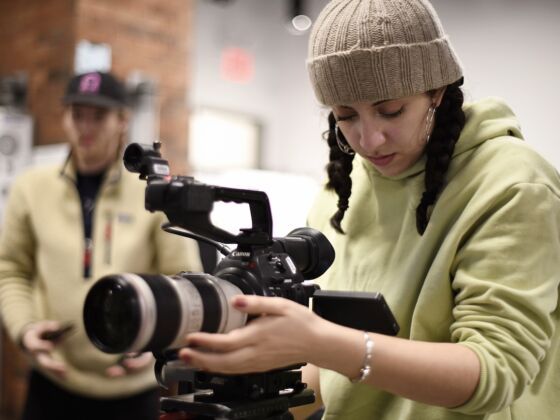Volunteer tourism is a hot topic these days.
While volunteering overseas is not new, the “behind the scenes” reality has rarely been conveyed effectively to the masses.
Daniela Kon aims to change that. She’s an independent documentary filmmaker currently in post-production of her debut documentary ‘Changing the World on Vacation – NGO Volunteers and the Politics of Compassion.’
